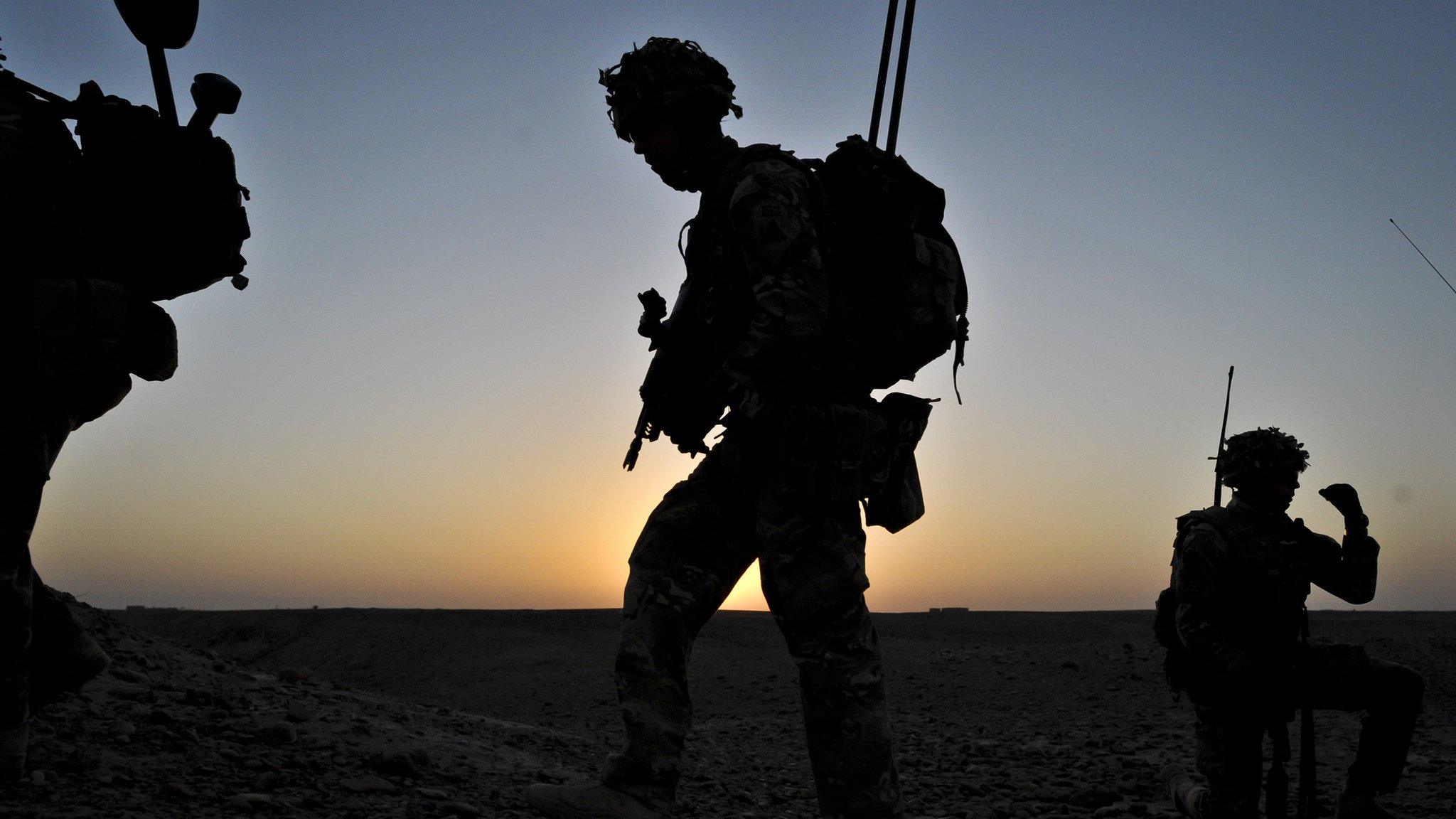'In 25 years I haven't had an undisturbed night of sleep'
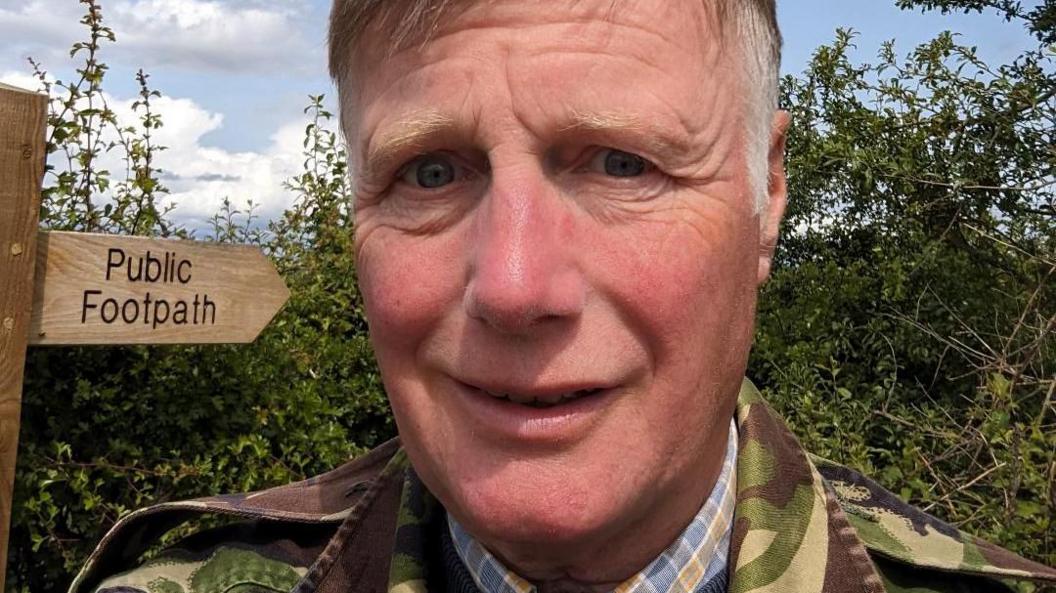
Andrew Marriott is walking 420 miles from the Scottish Borders to London
- Published
Veteran Andrew Marriott says he has suffered sleep disruption and nightmares since he was prescribed a controversial anti-malarial drug more than two decades ago.
Now he is walking 420 miles in memory of comrades who died by suicide following his own mental health issues after taking Lariam.
Mr Marriott, from Northallerton, North Yorkshire, is setting off from West Linton in the Scottish Borders and hopes to reach the Cenotaph in London by 19 September.
He chose the village near Edinburgh as the starting point as it was the home of Cameron Quinn, who died by suicide in 2006.
"Cameron was a young veteran who left the Army as a junior major," he says.
"With his wife Jane, they had set up home in West Linton and he had taken Lariam for an exercise in Kenya and suffered very badly from it."
"They had two young daughters who at the time were 5 and 7," he says.
His walk will also remember soldiers Chris Small and Alastair Duncan, with raised money going to the National Memorial Arboretum in Staffordshire.
In the last year, four members of the armed forces, external were prescribed Lariam, the brand name for the drug mefloquine, with potential side effects including anxiety, depression and nightmares.
The Ministry of Defence (MOD) introduced a new policy on prescribing it in 2016 following a government inquiry.
It is now prescribed only after a face-to-face assessment with a healthcare professional and after an alternative antimalarial has been offered.
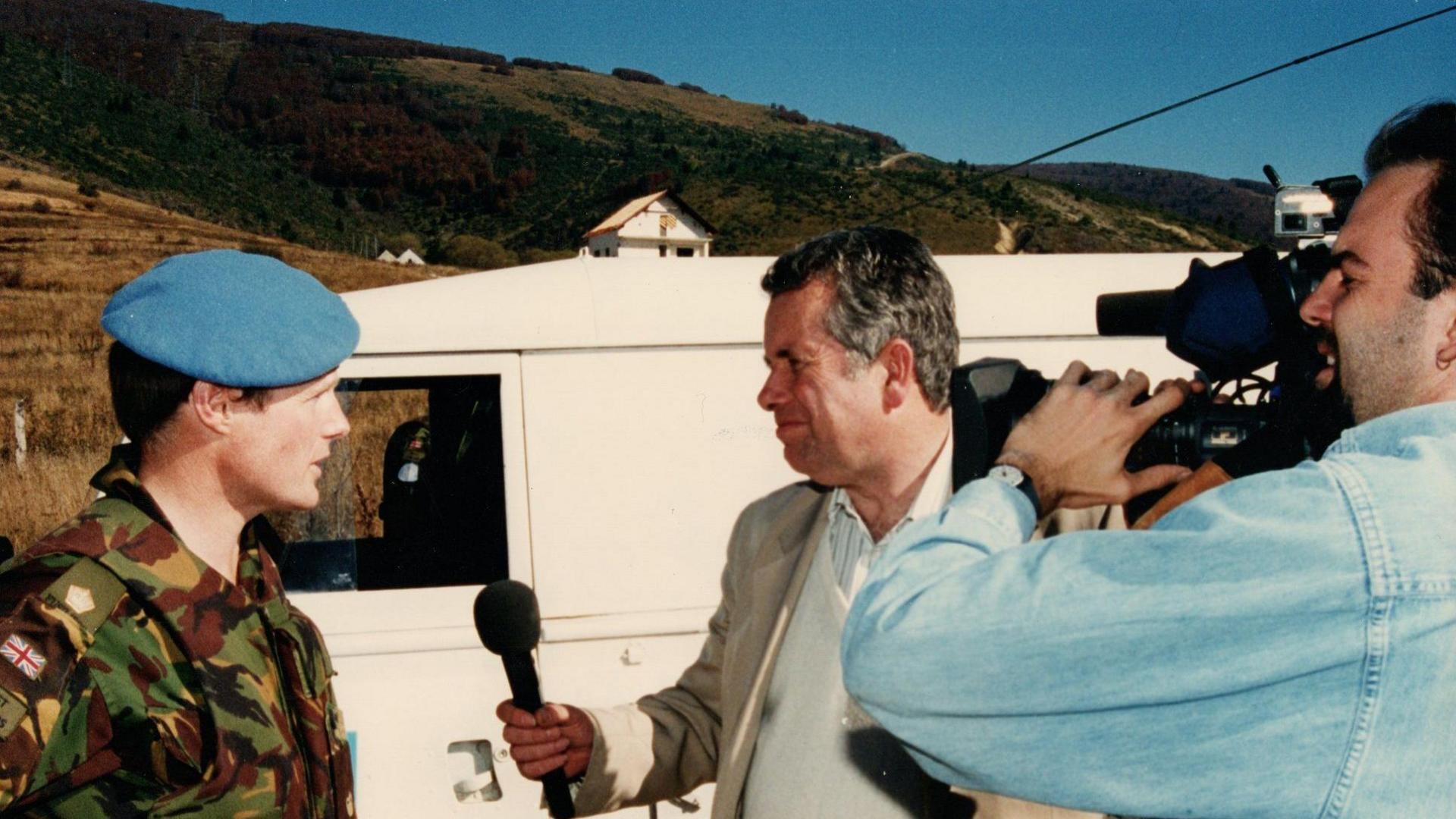
Mr Marriott was interviewed by a BBC News team while serving in Bosnia
Mr Marriott was prescribed the drug in 2002 for a deployment to Sierra Leone and was warned about potential side effects including dizziness and sleep disruption.
"If you imagine all your dreams before had been in black and white, now you were dreaming in widescreen, high fidelity, full colour with all of the details," he says.
"I learned very quickly the side effects I was told would be relatively rare happened across a large number of people who were deployed."
He adds: "For 25 years now I haven't had an undisturbed night of sleep, with some pretty horrific dreams punctuating them."
After returning from Sierra Leone at the end of 2003, Mr Marriott underwent a sleep study at James Cook Hospital in Middlesbrough.
"The consultant confirmed I wasn't suffering from any forms of depression or PTSD, but the sleep clinic showed I had a permanently damaged sleep pattern," he says.
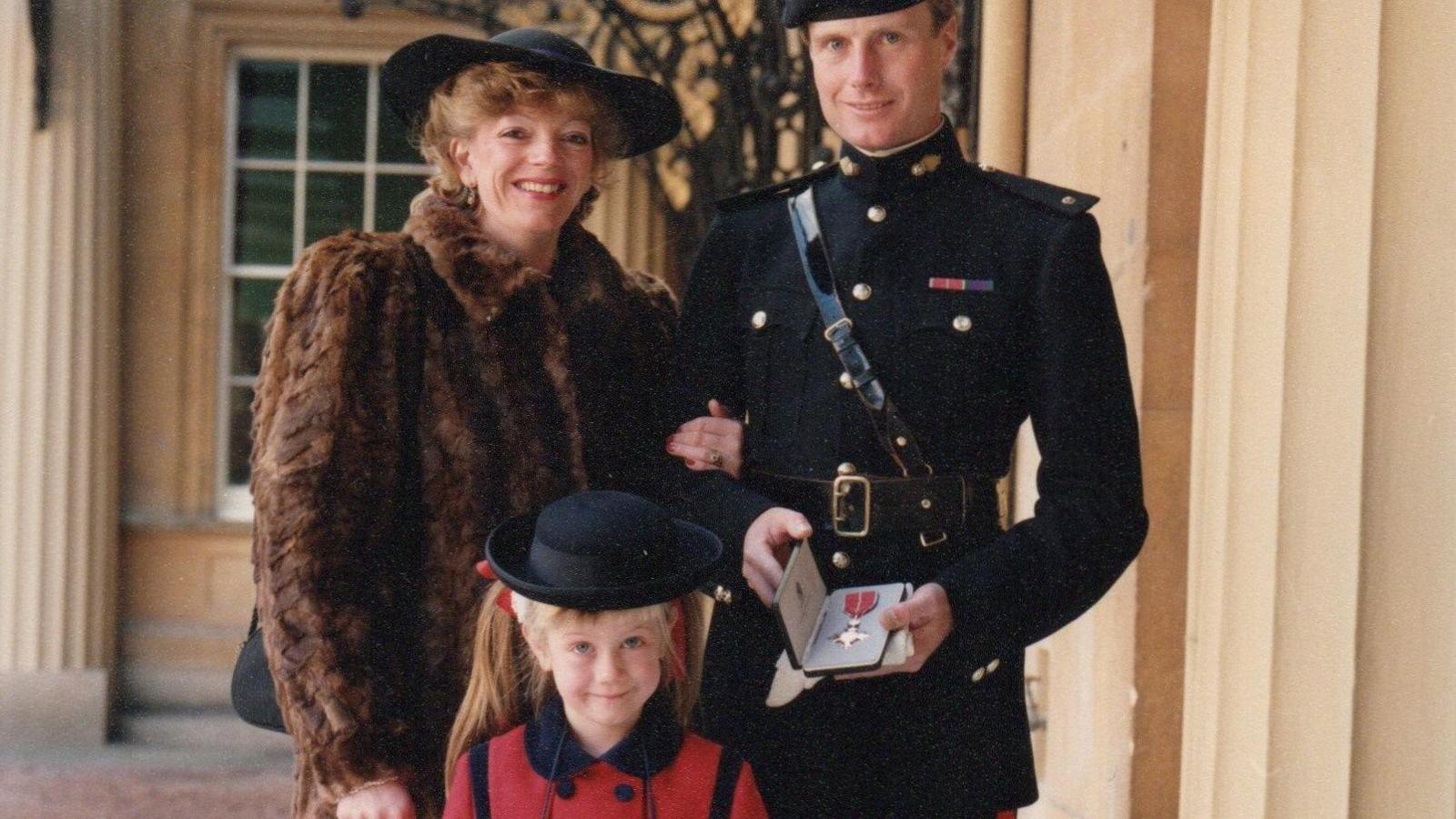
Mr Marriott was appointed MBE in 1990
He aims to cover about 20 miles a day on his walk and hopes a memorial for military suicides may be created in future.
"People feel they've been left in a form of remembrance no-man's land," he says.
"I want to give a metaphorical arm around the shoulder to widows, widowers and the children left behind and say we do remember, they did serve."
He adds: "Whatever it was that caused them to take their own lives, you, the families, you supported their service."
An MOD spokesperson said: "We take the health and welfare of our personnel very seriously, taking every possible precaution to ensure their safety - including protecting them against malaria, a potentially fatal disease.
"We take malaria prevention advice from the UK Health Security Agency who, like other respected bodies, recommends mefloquine as an effective form of prevention."
Dr Alison Cave, Medicines and Healthcare products Regulatory Agency (MHRA) chief safety officer, said anyone experiencing side effects from Lariam should report them through its Yellow Card, external scheme.
"Malaria can be a very serious, sometimes fatal infection, so it is important that travellers to high-risk areas receive appropriate anti-malarial protection," she said.
"Mefloquine is one of several effective anti-malarial medicines available and remains licensed in the UK based on a positive benefit-risk balance."
Dr Cave added: "We recognise that some individuals have experienced adverse effects from mefloquine, which is why comprehensive information about side effects, contraindications and support services is available."
If you have been affected by themes raised in this article, you can support and help via the BBC Action Line.
Get in touch
Tell us which stories we should cover in Yorkshire
Listen to highlights from North Yorkshire on BBC Sounds, catch up with the latest episode of Look North.
Related topics
Related stories
- Published31 August 2016
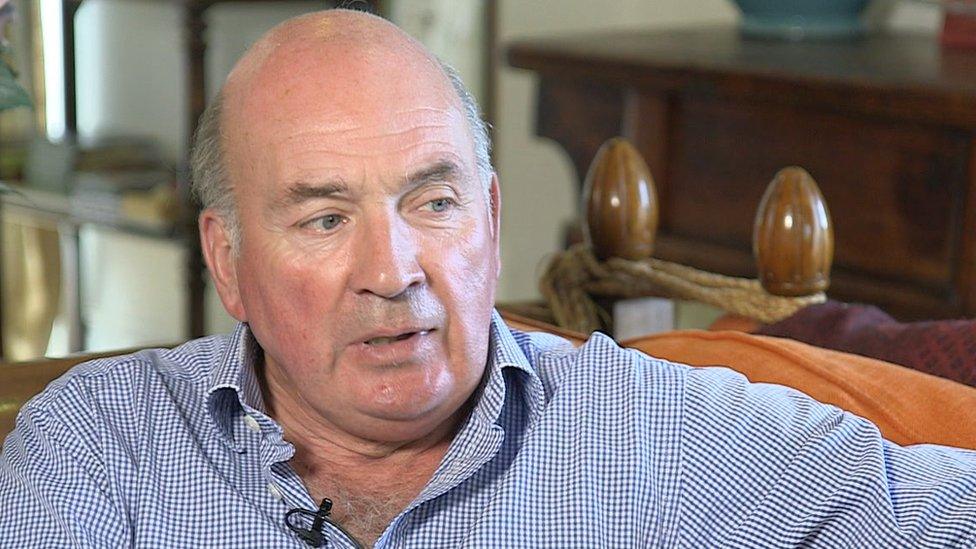
- Published13 September 2016
